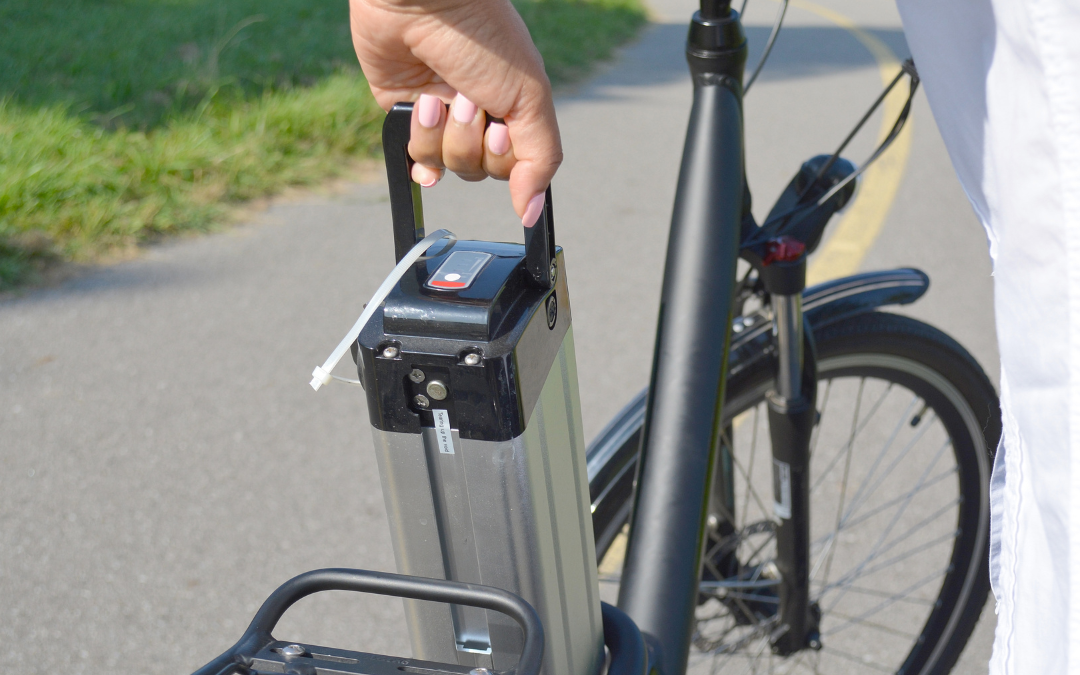As cities struggle with issues like traffic jams, air pollution, and the demand for greener transport options, electric bikes (e-bikes) have stepped up as an innovative solution. These e-bikes are revolutionizing urban transportation by offering efficient, eco-friendly, and convenient ways for city residents to get around. In this article, we’ll delve into how e-bikes are reshaping city commuting, alleviating traffic issues, encouraging sustainability, and improving overall quality of life in urban areas around the globe.
Electric Bikes
One of the key advantages of electric bikes lies in their eco-friendly nature. Unlike conventional vehicles, e-bikes produce zero emissions and contribute significantly to reducing air pollution in urban areas. With growing concerns about climate change and environmental conservation, e-bikes have become a vital component of the green transportation movement, promoting cleaner air and a healthier urban environment.
E-Bikes Alleviating Traffic Congestion
Congested traffic is a major problem in urban areas, causing wasted time, heightened stress levels, and increased pollution. E-bikes present a practical answer to this problem by enabling commuters to avoid traffic jams, take alternate paths, and easily navigate through busy streets. Their compact design and nimbleness make them perfect for traversing city environments, ultimately reducing congestion and enhancing overall traffic movement.
Promoting Health and Well-being
Life in the city can often lead to a sedentary lifestyle, negatively impacting public health. E-bikes promote physical activity by offering pedal-assist features, enabling riders to participate in moderate exercise while on their way to work or other destinations. Riders can select their preferred level of assistance, which makes e-bikes an accessible option regardless of one’s fitness level. Incorporating exercise into daily routines leads to better heart health, improved overall fitness, and decreased stress levels among city dwellers.
Cost-Effective Transportation
When compared to conventional vehicles, e-bikes are a more budget-friendly option for transportation. They need little maintenance, have reduced operating costs, and eliminate expenses tied to fuel, parking fees, and public transportation fares. As a result, e-bikes serve as an economical choice for urban travelers, helping them save money and contribute to a cleaner environment at the same time.
Enhancing Connectivity and Accessibility
E-bikes play a crucial role in enhancing connectivity within cities. They bridge gaps between public transportation stations and final destinations, allowing commuters to cover the last mile quickly and efficiently. This seamless connectivity encourages more people to use public transportation, knowing they can rely on e-bikes to complete their journeys conveniently. Additionally, e-bikes make transportation accessible to a wider demographic, including individuals who may find traditional cycling challenging due to physical limitations.
Community Building and Social Interaction
E-bike usage fosters a sense of community among riders. Commuters often join group rides, creating social bonds and fostering a shared enthusiasm for eco-friendly transportation. Community events, bike-sharing programs, and e-bike clubs are becoming increasingly popular, encouraging social interaction and a sense of belonging among urban residents. This communal aspect of e-bike culture contributes to a positive urban environment and strengthens social ties among city dwellers.
Promoting Tourism and Exploration
E-bikes are revolutionizing not just city commuting, but also the way we experience tourism. Numerous cities have embraced e-bike tours, giving both locals and visitors the chance to easily explore landmarks, historic sites, and picturesque paths. By opting for e-bike tourism, travelers contribute to a sustainable approach by decreasing their carbon footprint compared to conventional sightseeing methods.
Riding e-bikes allows tourists to cover more ground, truly experience local cultures, and take in breathtaking views. This makes their trips more engaging and unforgettable. Furthermore, e-bike rental services give tourists the freedom to roam cities and natural landscapes at their leisure, cultivating a stronger bond with the destination and its special features. In doing so, e-bike tourism not only bolsters local economies but also fosters eco-friendly travel habits. This makes it a mutually beneficial choice for both vacationers and the communities they visit.
Conclusion
E-bikes are revolutionizing the way we move around in cities, changing how we commute and experience our surroundings. They encourage eco-friendly travel, ease traffic jams, boost our physical health, and help us connect with our communities. As a result, e-bikes are becoming essential components of city life. With ongoing investments in bike infrastructure, the introduction of e-bike-friendly policies, and support for sustainable transport options, the future of urban mobility looks bright. E-bikes aren’t just vehicles – they symbolize a way of life focused on wellbeing, sustainability, and community involvement. As more people choose e-bikes as their go-to mode of transport, cities across the globe can look forward to greener, healthier, and livelier environments to live and work in.









